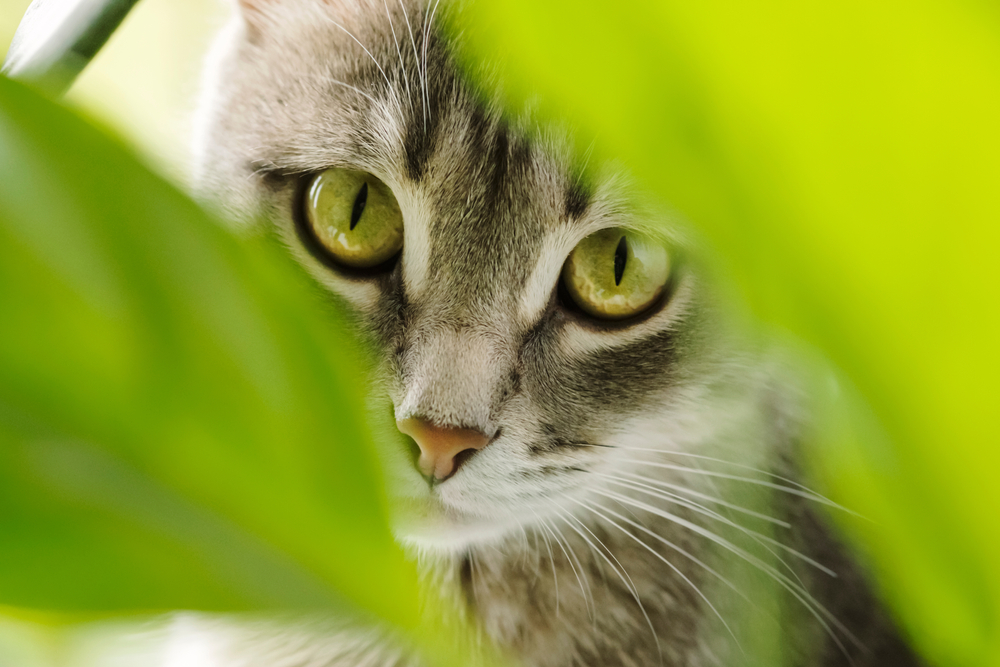Regular veterinary visits can help spot these diseases early to give your cats the best chance at a positive outcome. As a cat owner, it is important to have at least a basic understanding of some of these feline diseases to help keep your cat healthy.
Kidney Disease in Cats
Kidney disease is, unfortunately, fairly common in cats. Many senior cats will deal with chronic kidney disease, which is often quietly developing with few obvious symptoms. The kidneys are an essential organ that balance fluids, electrolytes, and blood pressure in the body. They also produce important hormones and get rid of waste. Although chronic kidney disease is not curable, early diagnosis can extend and improve your cat’s quality of life. Symptoms of chronic kidney disease include:
- Significant weight loss
- Decreased appetite
- Changes in coat appearance and feel
- Increased thirst
- Increased urination
- Vomiting
- Diarrhea
- Bad breath
If you spot any of these symptoms, it is important to call your veterinarian as soon as possible. Early management is the best recourse.
Hyperthyroidism in Cats
When cats have an overactive thyroid gland, it can cause a lot of significant, but subtle health issues. When functioning normally, the thyroid regulates metabolism, body temperature, blood pressure, and bowel function. Hyperthyroidism typically affects cats over the age of 10. Left untreated, it can be fatal. But with veterinary intervention, cats with hyperthyroidism can live normal, happy lives.
Signs of hyperthyroidism include:
- Weight loss
- Increased appetite
- Diarrhea
- Vomiting
- Increased thirst
- Negative changes to skin and coat
- Hyperactivity
The sooner your vet can diagnose hyperthyroidism in cats, the faster you can begin treatment. The condition can be managed with nutrition changes, medication, radioactive iodine therapy, and in some cases surgery.
Diabetes in Cats
Diabetes is another common disease in cats. Just like in humans, cats can develop type 1 or type 2 diabetes. Type 1 is typically caused by genetic factors or problems with the pancreas, while type 2 is usually the result of obesity or prolonged steroid use. Type 1 diabetes in cats is usually a lifelong disease, while type 2 can be reversed with diet changes and medication.
These symptoms are usually associated with diabetes in cats:
- Increased thirst
- Increased urination
- Significant weight loss
- Obesity
Once diagnosed, there are treatments for these quiet diseases in cats that can help your feline continue having good quality of life. If you notice significant changes in your cat’s behavior, it is important to schedule a veterinary visit and get a diagnosis early. The faster you start managing diabetes, the faster your cat can get back to a normal life.
Union Lake Veterinary Hospital is here to help you keep your pets healthy through every stage of life. From routine wellness visits to pain management and surgery, we have the veterinary services you need for any health issue. To learn more about our services or to schedule an appointment, please call 248-363-1508.

